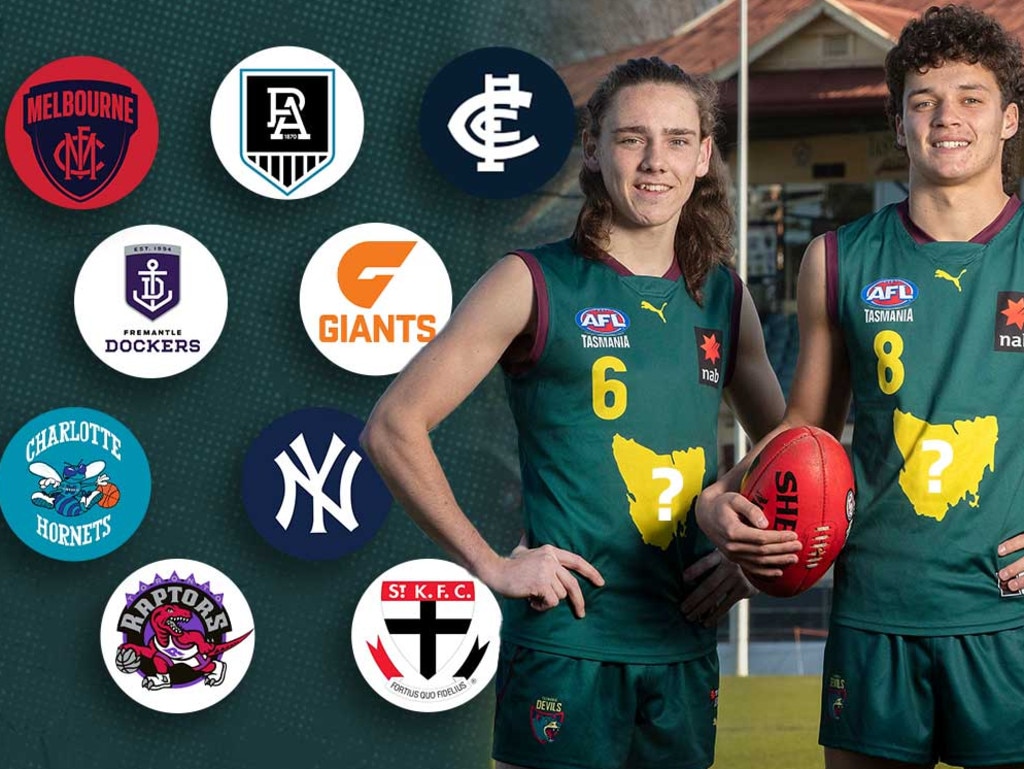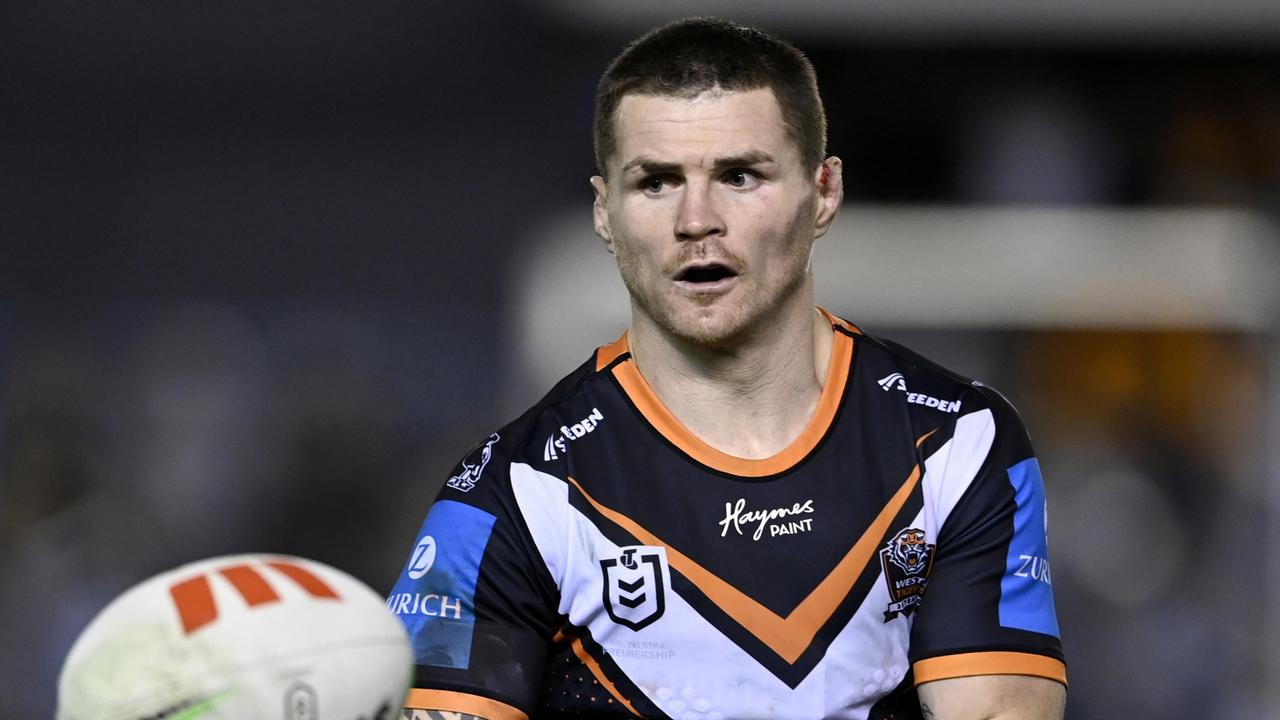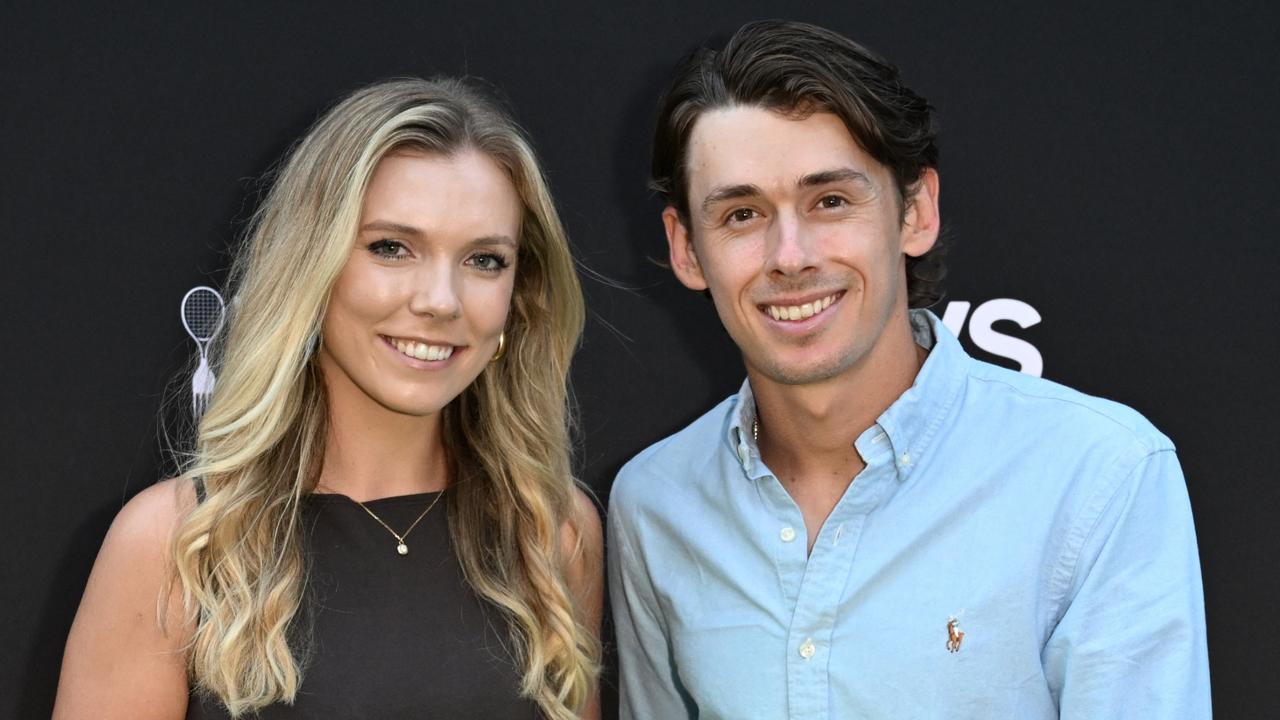How the ‘grass ceiling’ could limit freedom and hurt Australian sport
Action around the review of the anti-siphoning law may occur in boardrooms rather than sporting fields, yet it’s the battle that will shape the future of Australian sport and the way we watch it reports SHANNON GILL.
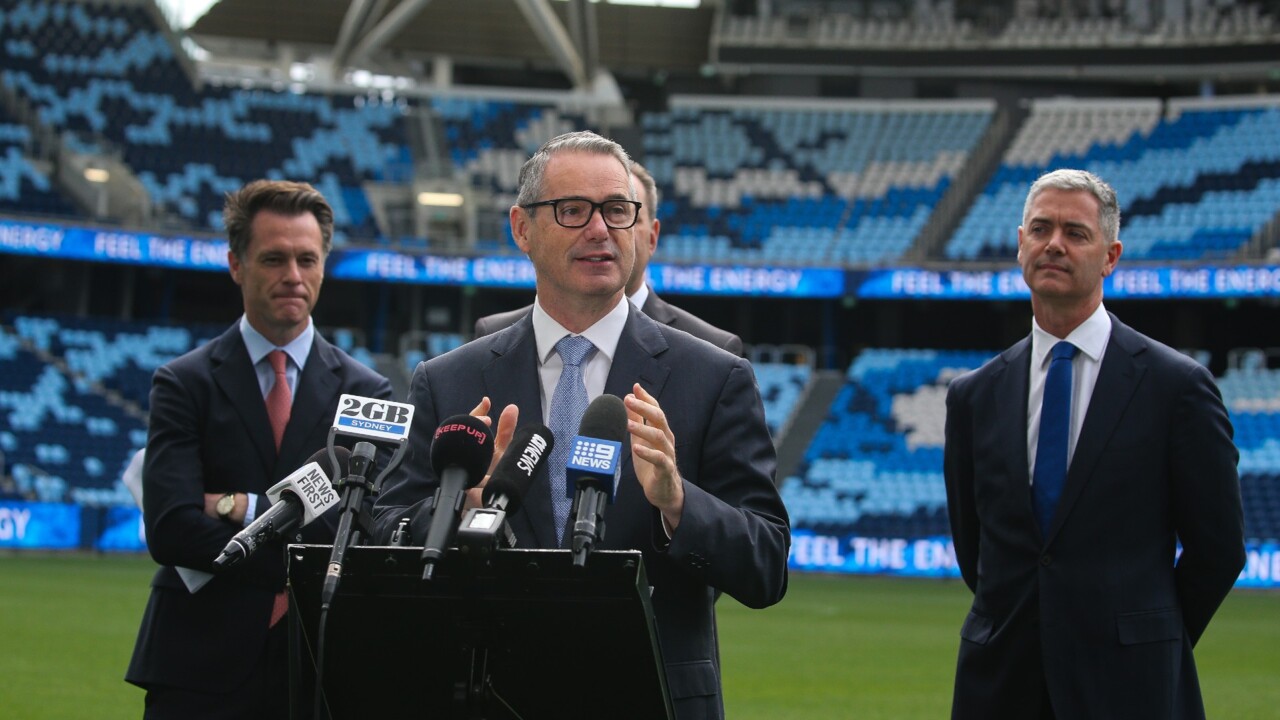
Sport
Don't miss out on the headlines from Sport. Followed categories will be added to My News.
Action around the long-awaited review of the anti-siphoning law may be occurring in boardrooms rather than sporting fields, yet it’s the battle that will shape the future of Australian sport and the way we watch it.
‘The Grass Ceiling’ is one of the terms Foxtel Executive Director Commercial and Sport Rebecca McCloy uses to describe how the federal government’s proposed anti-siphoning law amendments would limit the freedom of sports and media organisations.
“If you legislate and add these women’s sports and expand this (anti-siphoning) list you could put a grass ceiling on these sports that will have a detrimental effect to the investment ongoing,” McCloy said at the SportNXT conference this week about just one aspect of the proposed changes.
Currently Australian laws do not adequately cover streaming-only services; so hypothetically a streaming service can purchase rights to ‘nationally important and culturally significant events’ on the anti-siphoning list that is protected from the paywall of pay TV.
This is what happened last year when Optus Sport bought exclusive Australian broadcast rights to the FIFA Women’s World Cup. It then sublicensed 15 games (including Matildas matches) to free-to-air broadcaster Seven through a tender process.
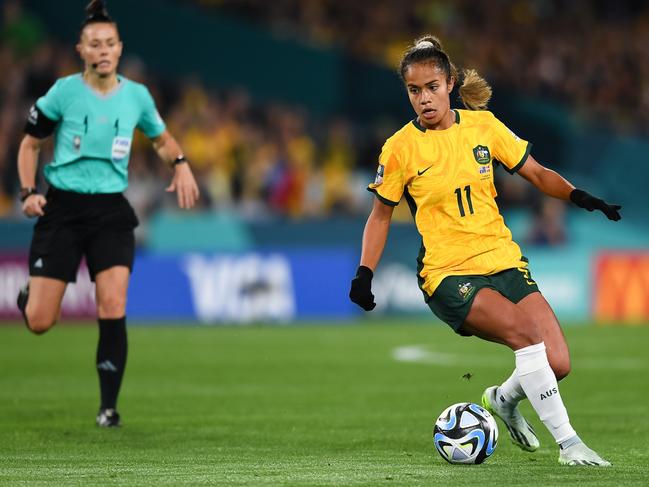
Last November, the federal government responded by introducing a bill to Parliament that amended its 31-year-old anti-siphoning laws. In effect it will simply treat streaming services like pay TV operators, locking it out of specific sporting events on the protected list.
Subscription television, streamers and sporting organisations believe these amendments do not reflect the current landscape and limit competition. On the other side, free-to-air television is barracking loudly in support of the virtual status quo of the amendments.
This week at the SportNXT conference in Melbourne, two of the loudest combatants squared off publicly for the first time when Foxtel and Nine debated the issue.
Before her time at Foxtel, McCloy worked at Network Ten for eight years and knew the advantage it had in rights negotiations for sporting events that were limited to free-to-air providers.
“I can tell you coming to a deal table with the anti-siphoning when you are at Network Ten or a free-to-air is a distinct advantage and I loved it,” McCloy said.
Sports would like the protected list abolished to allow an unfettered auction of their broadcast rights.
This was evident in the recent submission by the COMPPS (an industry body made up of Cricket Australia, NRL, AFL, Football Australia, Netball Australia and Tennis Australia), stating “as the governing bodies of our respective sports, we are best placed to determine how our respective media rights are licensed (without the need for government intervention).”
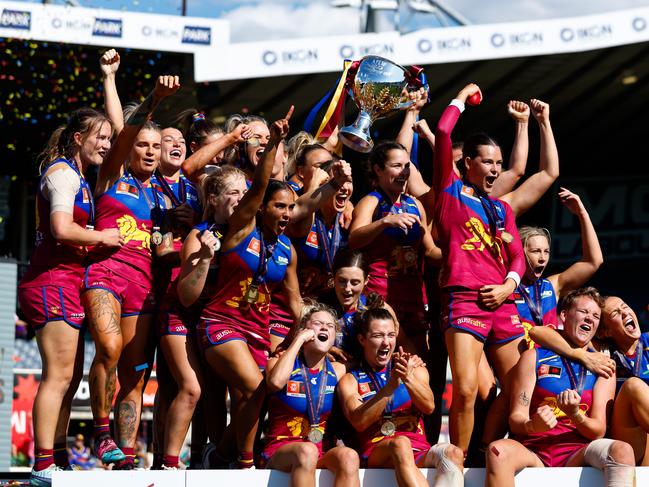
A version of this occurred when the Women’s World Cup was sub-licensed to a free-to-air network, the balance of revenue versus public interest for the sport resulted in a satisfactory outcome for all without government regulation.
NRL Corporate Affairs boss Misha Zelinsky represented the code at Senate hearings in February on the topic where he explained the situation major codes are in.
“As it currently stands, every rugby league premiership match is listed as nationally
significant or iconic,” Zelinsky said.
“That limits the ability of our game to monetise the rights, and the inability to monetise the rights curtails the ability to invest in all elements of sport—elite, participation, grassroots, the women’s game etc. So it has a material impact, no question.”
Australia remains the only country in the world to have a law of this kind that gives free-to-air television a free kick.
Aside from the list itself, McCloy believes the playing field is unfair.
“Where the nuance is with those events of cultural and national significance, does free still mean free to air terrestrial television?” McCloy said.
“And that’s what we have been advocating strongly about is that this is a chance for regulators to keep up with the changing way that people are consuming sport.”
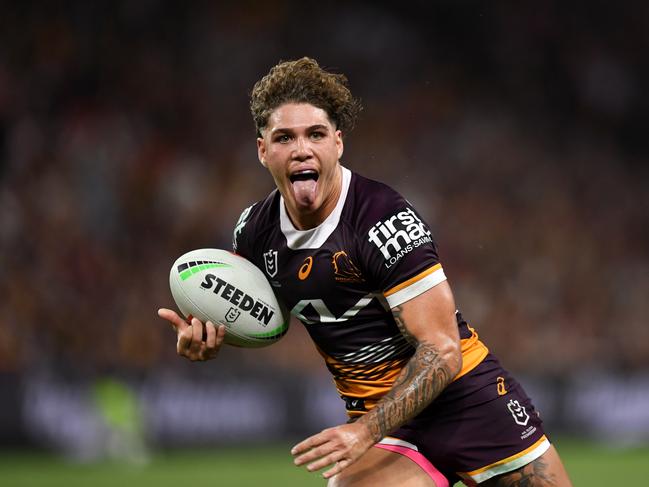
The hypothetical situation that explains that view is that if, for example, Foxtel wanted to purchase exclusive rights to the AFL and NRL season for its Kayo streaming platform - and still provide the anti-siphoning list required games per round and finals for free on that service, it would not be allowed to.
Currently Kayo provides a selection of its streaming content for free via Kayo Freebies, evidence of its capacity, but the government amendments do not consider that in treating streaming services like pay-TV was originally treated.
Nor does it reflect the growing trend of streaming (paid and unpaid) as the preferred way to watch for younger generations. More than 113 million US households have access to at least one streaming device, accounting for 87 per cent of the American population, and Australia is heading that way too. Finder research found last year that sixty-nine per cent of Australians use at least one streaming device and the average Aussie uses two.
“We’ve got two thirds of our customer base consuming sport through streaming,” McCloy said.
“Free should be free.”
There are other inconsistencies too. Foxtel Group CEO Patrick Delany highlighting to the Senate hearing the ‘murkiness’ around who is free-to-air and who is pay.
“Two of the FTA networks are now pay TV companies,” Delany said.
“In the case of Nine or Ten when they acquire the rights there is no obligation for them to put on free channels. It is a very dangerous situation. It distorts the market.”
Globally, streaming is set to shape sports rights over the next decade.
Predictably, 9Now Program Director Hamish Turner’s reply to McCloy was in favour of the status quo, arguing that Kayo’s current 90 per cent reach across Australia was not enough, while attempting to cast doubt on streaming’s ability to reach 100 per cent of the Australian population.
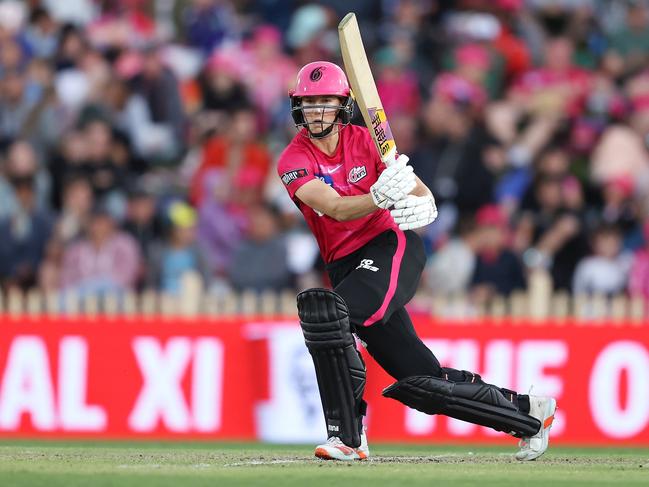
Regardless of that current opinion, reach and technology will only increase, which is what any law must contemplate.
And while the notion of ‘free’ sport can seem like a noble utopia, it doesn’t help sporting organisations pay the bills.
In the case of women’s sport, that’s why McCloy refers to ‘The Grass Ceiling’. It may seem like equality is at play when women’s sporting equivalents are added to their male counterparts on the list, but there are consequences.
“I would challenge that by saying what women’s sports does not need now is lessening of competition, so by adding them to the event list it can have really adverse consequences in driving down their revenue potential,” she says.
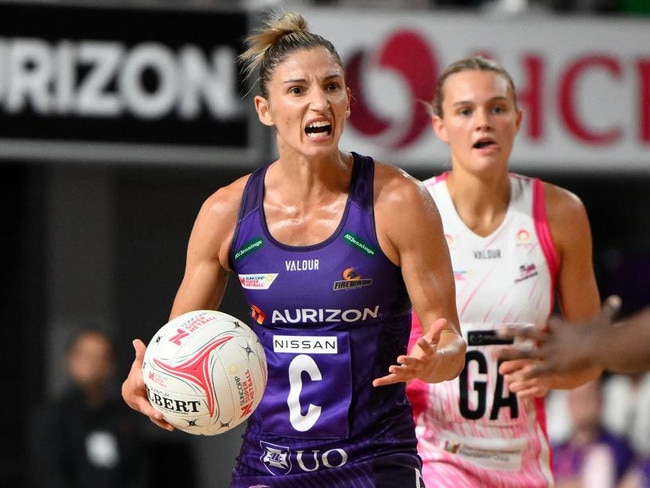
That was backed by Netball Australia executive Spencer Retallack, who told the senate hearings that “if there are any further changes to the bill, it will have a material impact on our ability to exploit our rights that we have”.
“Our ability to decide or work with our broadcasters in terms of what needs to
remain on free-to-air versus what remains on a paid television service is certainly critical for us, but we also believe that this sport has the ability to balance that and make the appropriate decisions for the growth in the sport.”
The bill is yet to be passed and has been referred to the Environment and Communications Legislation Committee for inquiry, with a report due on April 9.
The SportNXT showdown was only round one of a battle that promises to get more bruising.
More Coverage
Originally published as How the ‘grass ceiling’ could limit freedom and hurt Australian sport


